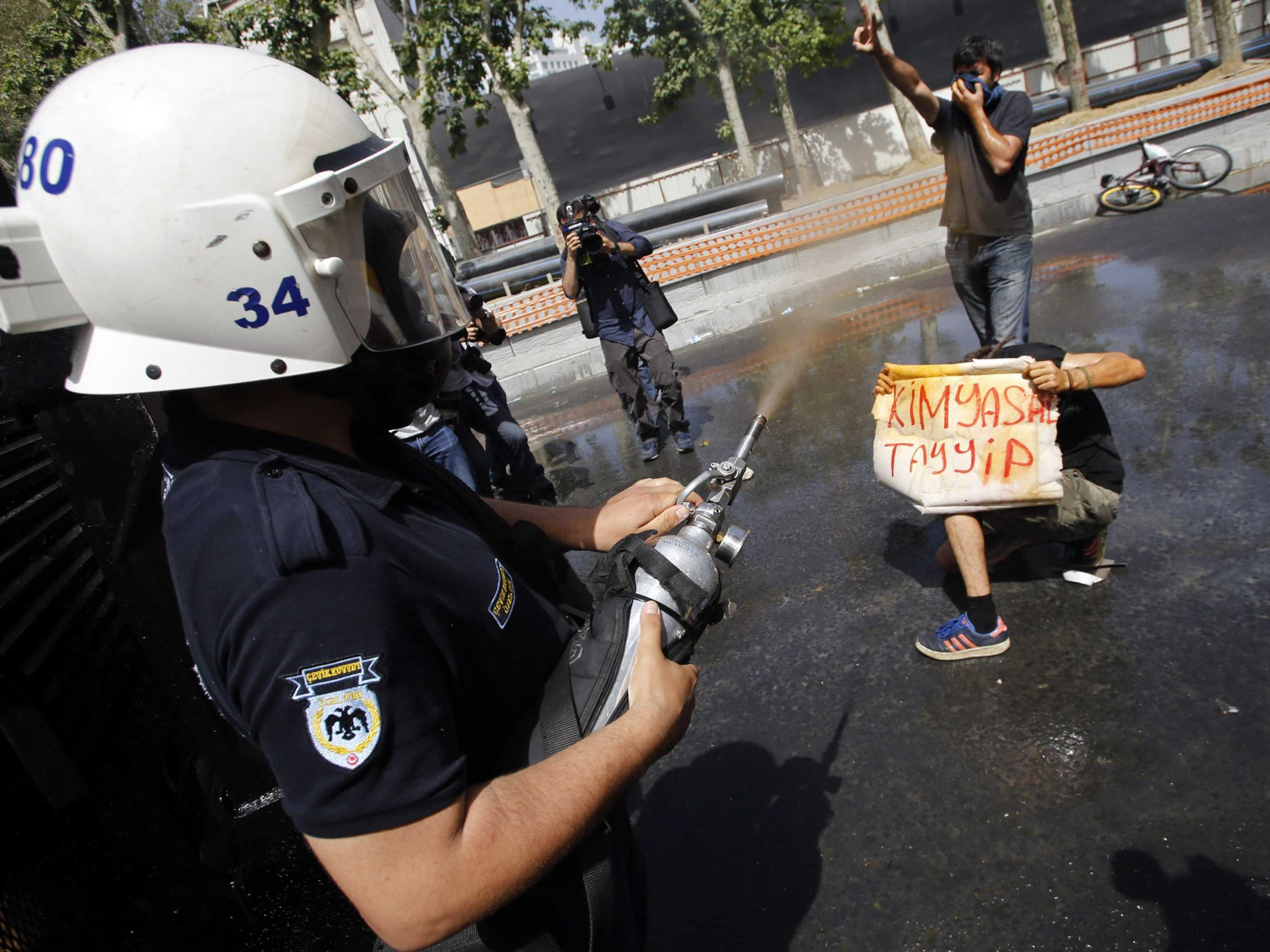From a geostrategic point of view, the bloody Nagorno-Karabakh conflict between Azerbaijan and Armenia that caused the death of more than 4 000 people from 27 September 2020, has three dimensions: post-soviet, religious and proxy war.
- Post-soviet dimension
This tragedy is a harmful consequence of the Soviet era. During this period (1922-1991), the USSR’s leaders, who were willing to create, in the name of the communist ideology, a “new man” (“Homo sovieticus”) above national and cultural identities had artificially displaced populations all around this country spreading across 12 time zones. Thereby the Russians have been moved to Latvia, the Ukrainians – to Uzbekistan, etc. In the context of this “melting pot” imposed by Moscow, an important part of the Armenian people has found itself under the administrative control of Azerbaijan.
In the aftermath of the collapse of the Soviet Union, which gave independence to its former 15 “federated republics” (including Armenia and Azerbaijan), a number of conflicts, called “frozen”, arose in areas of many post-Soviet states, where the new international borders did not match the ethnic affiliations of local population. It was, for example, the case of Transnistria, a breakaway territory, inhabited by the Russian ethnic people but considered, under international law, as belonging to Moldova, or the Republic of South Ossetia, inside Georgia, occupied de facto by Russia following the Russo-Georgian war of August 2008.
Hence, the soviet background must be taken into consideration in order to understand the current situation in Nagorno-Karabach where, during the last thirty years, the population of 99% ethnic Armenians lived in a territory legally recognized as a part of Azerbaijan. This paradox was already a “ticking time bomb” programmed to explode.
- Religious dimension
Armenia is an ancient Christian country of the world that had adopted Christianity as its official religion in 301 AD. Its national symbol is the Mount Ararat, depicted in the Bible as the resting place of Noah’s Arc (the vessel through which God saved the animals from a world-engulfing flood). Today’s Armenia is affiliated with the Apostolic Church, a part of Oriental Orthodoxy.
Azerbaijan is a Muslim country: 85% of its population are Shia vs. 15% Sunni (after Iran, this is the second highest proportion of Shia Muslims in the world).
Consequently, the Nagorno-Karabakh conflict can be also viewed as a religious war, according to the famous American political scientist, Samuel Huntington, who argued in his reference book “The Clash of Civilizations” that the wars in the XXI century would be fought not between countries, but between religions and cultures because of the “incompatibility of its civilizational software of the mind”. In the majority of cases, this reading grid applies to the conflicts between Christians and Muslims (Israeli-Palestinian, Lebanese, Sudanese, former Yugoslav wars), but it could be also expanded to other civilizations (the tensions in China between the dominating Han people, inspired by Confucianism, and the Uyghurs, a predominantly Sunni Islam group originating from the Central Asia)
- Proxy war
In the geopolitical dictionary of the modern world, this term means an armed confrontation between the external (state or non-state) actors introduced to an internal conflict and aligned with a belligerent in order to gain influence and further their own interest in the region.
The Nagorno-Karabakh conflict has initially opposed the EU, which supported Armenia on behalf of the respect of international law and the inviolability of borders, and Turkey, which backed Azerbaijan, its historical ally. Nevertheless, as the EU, deprived of all “hard power”, limited its involvement to appeasement-oriented rhetoric, Turkey provided Azerbaijan with huge military support (including mercenaries), within the neo-Ottoman strategy of the Turkish Prime Minister Recep Erdogan in Syria, Iraq and the Eastern Mediterranean.
This proxy war also demonstrated the key role of Russia in the post-Soviet area (called in Moscow the “near abroad”). At the beginning of the conflict, Russia, which sells weapons to both parties, pursued a policy of maintaining neutrality. But giving the evolution of the military actions in favor of Azerbaijan (essentially, the capture by Azerbaijan of the strategically important town Shusha), the Russian president Vladimir Putin imposed the Nagorno-Karabakh ceasefire agreement, which was signed on 9 November by him, the President of Azerbaijan Ilham Aliyev and the Prime Minister of Armenia Nikol Pashinyan.
Under the terms of the deal, the Armenian forces were to withdraw from Armenian-occupied territories surrounding Nagorno-Karabakh, provoking a mass exodus of civilian Armenian population, while a Russian peacekeeping force of 2.000 soldiers was deployed for a minimum of five years along the line of contact. This ceasefire agreement was acclaimed by Azerbaijan as “Armenia’s capitulation” and provoked violent protests in the capital of Armenia, Yerevan, against the government, which was accused of treason.
Why did Russian interfere?
Two main reasons explain Russia’s position in the signature of this cease-fire favorable to Azerbaijan.
The first one is due to Putin’s obsession with “stability”. This is the corner stone of the geostrategic vision of Putin toward the post-Soviet area, where he wants to maintain his dominating influence.
The second reason is also derived from the personality of the Russian leader. He has an aversion to “color revolutions” (nonviolent revolt, challenging the legal governments in the authoritarian countries, for the sake of democracy and human rights). For Putin, it is only “the product of machinations by the United States and other Western countries”.
Hence, he rejects the legitimacy of the Armenian Prime Minister Pashinyan who came to power in 2018 following the massive street protests against state corruption (Armenian “color revolution”). The aim of Putin is to establish in Armenia, in the long term, the authoritarian regime more compliant with Moscow.
In conclusion, the Nagorno-Karabakh conflict reveals the total impiousness of the international community and the lack of the global leadership, supposed to promote democracy and the rule of law. I hope that the situation can change with Joe Biden’s arrival at the helm.
[authorbox authorid=”54″ ]



